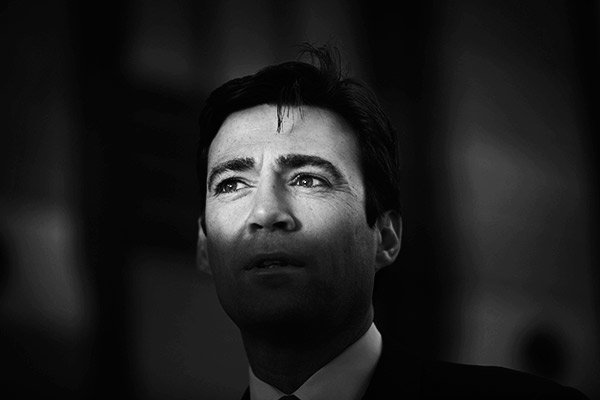Among the narratives to have emerged so far from this strangely quiet and flat Labour Party conference has been job security and pay. Beyond the leading Sunday announcement on minimum wage, it has been scarcely possible to leave a fringe without some mention of in-work poverty and zero-hour contracts.
As Shadow Health Secretary Andy Burnham prepares for his conference speech on Wednesday, this focus will not have passed him by as he places the integration of health and social care sectors – and the workforce – at the heart of his plans. In a move that will further endear him to union leaders, Burnham will argue that by driving up the prestige of the social care sector – and in turn the reward for workers – the sector will see a marked improvement in outcomes; and ultimately deliver on Miliband’s promise of more people treated outside of hospitals.
Across the piece Labour are signalling their intention to use public procurement as a tool to bring about living wage for workers in the wider economy, making it a core requirement of contracts. In health, Burnham’s plans for a more strongly centralised NHS, where competition reforms are repealed and the public provider becomes the preferred provider, will certainly give him a stronger hand in enforcing specifications on would be suppliers.
But how will all this be paid for? Labour have already stated they believe raising wages for the lowest paid will save the public purse in tax credit payments. Burnham is on the record as saying Monitor tell him £4-6bn will be released by integrating health services. There are also symbolic tax rises on property and tobacco announced. Whether these will bridge the gap is very much an open question; health and social care services are already under considerable financial stress. What is clear though is that where spare funds are to be found – a great deal of it will be going on staff wages.
Explore the Road to the Manifestos – our guide to the people, processes and policies that matter in the lead up to the 2015 General Election.

